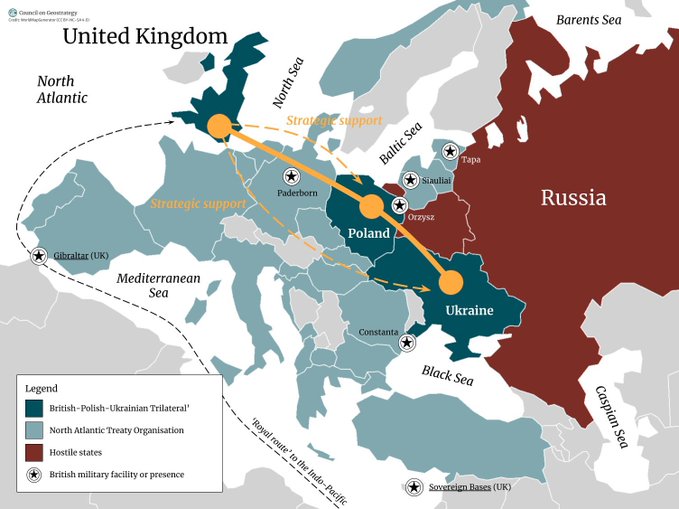The tensions in Ukraine are intensifying.
- The president is also considering deploying warships and aircraft to NATO allies, in what would be a major shift from its restrained stance on Ukraine.
The tensions in Ukraine are intensifying.
The State Department actions are in response to the increased threats of Russian military action and COVID-19.
State Department says there are reports that russia is planning significant military action against Ukraine.


This is the second time this week, following a similar incident a few days ago here. Tensions are stirring and the frequency of these missile “tests” serves as an indication for how things are developing at the moment. Markets have generally learned to shrug this off but just be wary in case there are any actual risks that may arise.


Sullivan says talks not going well in the sense that the US does not have a path back into the JCPOA.
“We do not yet have a path back into the JCPOA,” says NSA Jake Sullivan. He says that efforts to salvage the deal have “proven more difficult” this year than the US would have liked to see.
Oil has struggled today as it continues to consolidate in the middle of the recent breakdown. The failure to even achieve a 50% bounce is negative.

A US official tells Reuters that there will be discussion on possible military exercises that would prepare for a worst-case scenario to destroy Iran’s nuclear facilities should diplomacy fail. In order to prevent Iran from developing nuclear weapons.
Speculations such as this should provide a tailwind for oil, at the margin.

Iran nuclear talks broke off Friday and various reports from the weekend say progress has been minimal after seven rounds.
WTI crude oil opened the new week up more than $1 to $67.56, though that may be more a signal on overall risk appetite and sentiment around omicron than Iran talks.
European negotiators called for a brief return to capitals to contemplate two proposals from Iran. It’s not clear when talks will return but all sides are expected to speak again later in the week in Vienna.
Reports from Iran say officials there want the US to drop all sanctions, while the US wants to keep in place human rights and terrorism designations.
A joint statement from the UK, France and Germany said Iran has backed away from proposals in drafts that were agreed under the previous government.
“Over five months ago, Iran interrupted negotiations, and since then, Iran has fast-forwarded its nuclear program,” the three said. “This week, it has backtracked on diplomatic progress made. Iran is breaking with almost all of the difficult compromises crafted in months of tough negotiations and is demanding substantial changes to the text” that undermine the draft, which was between 70 and 80 percent finished, they said.
The US said it wouldn’t let Iran drag out negotiations while its nuclear program advances.
The oil market is keenly watching the talks develop but various headlines haven’t been immediate market movers. That suggests skepticism that any deal is imminent and that any deal would result in an extended period before Iran had the capability to meaningfully increase exports. At the same time, many contend that official data undercounts Iranian barrels already in the market so there’s plenty of confusion to go around.
WTI was last up $1.10 to $67.37 while brent opened the week up $1.13 to $71.07.